On August 8, Armida Chagova, a well-known public figure in the KChR and the Stavropol Region, turns 65 years old. WAC web information portal has prepared an essay on her interesting life path, socially significant work, plans and dreams.
Lyudmila Aysanova
Armida Khizirovna Chagova (maiden name Pskhu from the same high-mountainous Abkhaz village Pskhu - ed.), Head of the regional public organization of national-cultural autonomy of the Abaza of the Stavropol Region “Abaza”, a member of the Supreme Council of the WAC, was born on August 8, 1954 in one of the most picturesque corners of Abkhazia - the highland village of Pskhu.
“Energy and power of Pskhu”
“Ashkhar Abaza of Pskhu” - this is what the locals called their family, who lived there for several generations.
“In ancient times, one of the young men of the family on a hunt ran into the son of a local prince, who for unknown reasons began to behave inappropriately towards a young man, as a result of which a quarrel ensued, resulting in bloodshed. To prevent blood feud and confrontation, the elders decided to leave the territories located on the site of the modern Krasnodar Territory in Abkhazia and settle in the village of Pskhu,” says Armida Chagova.
From here, the modern surname of the clan went, and according to family traditions, it came from the Sheremetov clan.
Armida's father, Khizir Zakireevich Pskhu, was a respected man in the district, distinguished by his determination and courage, which he repeatedly confirmed in the most critical periods of his life. He is a participant in the Great Patriotic War of 1941-1945, was awarded numerous awards. Pskhu old-timers still remember him as a respectable and honest person with a great sense of national dignity. “I loved dad very much, he was everything to me,” Chagova admits.
Her mother, a native of the Abaza village of Inzhich-Chukun in Karachay-Cherkessia Sofya Solmanovna Dzhendubaeva, was a dentist. On one of the trips to Abkhazia to relatives, she met with the father of Armida.
Their daughter was only five years old when they had to leave Pskhu and move to Gudauta, and then completely move to Cherkessk. The thing is that while working as part of one of the geological exploration expeditions deployed on Pskhu, Khizir Pskhu had a misfortune: when he blew up rocks, he was inadvertently wounded and became completely blind, which was a tragedy for the whole family and a turning point in their lives.
“Despite this, for the rest of his life, he remained a cheerful and active person with tremendous willpower and a strong character,” recalls Armida Chagova, and proudly adds: “This is the energy and power of Pskhu in us.”
Armida assures this energy and strength, she feels within all her life.
Fateful meeting with Adam Daguzhiev
Having successfully graduated from school No. 9 of the city of Cherkessk, Armida Chagova in 1971 entered the Pyatigorsk Institute of Foreign Languages. Then she devoted 15 years to pedagogical activities, which later helped in social work with youth.
“At school I loved English very much, I dreamed of being fluent in it and traveling around the world, that's why I chose this profession,” explains Chagova.
Student life was interesting and eventful. The girl tried to study well. She dreamed of a happy life, of a successful career and, of course, of love ...
After high school, Armida worked as an organizer in one of the secondary schools in the city of Cherkessk. She already had a seven-year-old son, Damis, when her fateful meeting with Adam Daguzhiev, known at that time as a prominent representative of the “Abaza elite”, a native of the Abaza village of Kubin, took place.
Adam Ayubovich at various times held responsible state and party posts in Karachay-Cherkessia and the Stavropol Region, was considered a great patriot of his people.
“Activities for the benefit of the Abaza people were the meaning of his life, he did everything possible to preserve and develop [the people],” recalls Armida. “Watching him and realizing the importance of serving my people, I could not remain indifferent and did everything in my power to support [her husband].”
They had two wonderful sons - Ayub, named after his grandfather, and Shahambi, named after Adam's close friend - Shahambi Khuranov. Adam Daguzhiev adored his children from his first marriage, Angela and Aslan, tried very hard for everyone to communicate and live on an equal footing.
During the period of perestroika in the USSR, like many gifted and enterprising people, Daguzhiev changed his sphere of activity by organizing a successful and profitable business in the city of Stavropol. Armida actively helped him in doing business here, becoming his unofficial business partner.
Adam Daguzhiev was one of the largest patrons of the time. He provided financial assistance in the revival and development of the ethnic culture of the Abaza people, and then the Abkhaz. He really helped the Abkhaz people during the Patriotic War of 1992-1993.
Unfortunately, apparently, it was so pleasing to the Almighty, Adam's life was bright, but not for long.
He became seriously ill. While already in the hospital ward, shortly before his death, the couple discussed the latest project of Daguzhiev: the opening of a monument to the participants of the Great Patriotic War, natives of the village of Kubin. It was the end of April, and the opening was scheduled for May 9, and Adam was very worried if there would be enough time to prepare everything. A monument built with his funds was opened - but without him, nine days after his death.
“He also desperately asked me for the children not to forget the Abaza language, to speak it,” Armida recalls with sadness.
Stavropol Abaza
And the children ... One of the usual days, returning from a walk, they told their mother that peers in the yard asked who they were, to which they unanimously minted with pride: “Abaza.” However, they, hesitating, could not answer question “what does this mean?”
“It was then that I decided for myself that I would continue the work of their father. Abaza will be heard, and everyone will learn about our culture,” says Armida.
In the first time after the death of her husband, Adam's relatives helped Chagova not to lock herself in her grief and survive the loss. These were numerous colleagues, comrades-in-arms and friends, famous people who made a huge contribution to the development of many sectors of the economy, scientists and people from the field of education and culture, living in the Stavropol Region. Armida Chagova recalls them with gratitude by name: these are Chagban Ionov, Vladimir Kurchev, Rauf Kadyzhev, Peter Chekalov, Inal Kablakhov and many others. All of them stood at the origins of the creation of the public organization of the Abaza of the Stavropol Region, put a lot of effort into ensuring that the Abaza living in the Stavropol Region took their rightful place in the multinational palette of the Region.
In 1997, the Abaza initiative group registered the Stavropol Cultural Center “Abaza”, the leader of which was elected Honored Worker of Culture of the Russian Federation Vladimir Ismailovich Kurchev. Armida Chagova became his deputy. Now she had to combine business and public work.
In a short time, the organization became an active participant in socially significant events of the region, was able to gather around itself progressive people with ideas and prospects in preserving the language and culture of the Abaza ethnic group.
Thus, the efforts of the organization for the first time opened a school of the Abaza language, which has been successfully functioning to this day.
“My children became one of the first students of the teacher Anfisa Borisovna Petova,” says Chagova.
Gradually, the organization's activities became multifaceted, more effective and youth-oriented. Major community projects, educational and cultural programs were implemented, youth forums and festivals were held. The leadership of the organization managed to unite all the Abaza students studying in Stavropol.
“They listen to us, help us”
In 2012, a decision was made to unite the cultural centers of the Stavropol Region and the Caucasian Mineral Waters. The regional public organization of national and cultural autonomy of the Abaza of the Stavropol Region “Abaza” was created, uniting about 4.5 thousand Abaza living in the territory of the Stavropol Region. Armida Chagova was unanimously elected as the leader.
The status of the organization implied an expansion of activities, which activists began to do.
“There is a goal: the preservation of the language, culture, customs of our people - all the best that has been developed over the centuries. Today we are trying to make our youth not to forget the traditions of their ancestors. Entering the common youth space, to adequately represent the people, [Abaza youth], on the one hand, retain its identity, and on the other, from the perspective of a modern person, use them correctly. These are issues of upbringing, ethics and much more,” - this is how the leader characterizes the direction of the organization.
The organization has long remained popular among cultural autonomies of different nationalities living in the Stavropol Region, with which joint cultural events are held. Armida Chagova is also a member of the ethnic council under the governor of the Stavropol Region, a member of the public council under the committee on nationalities and Cossacks.
“All this is obligatory, but it also allows us to develop public-private partnerships, makes it possible to participate in grant competitions, and use additional funds for our statutory purposes,” Chagova says, and summarizes: “They listen to us, help us.”
In 2018, Armida Chagova was elected to the Supreme Council of the WAC, where work continued to preserve the national Abaza identity and consolidate representatives of the Abaza people around the world.
Dreams come true
Watching for many years the activities of this active woman, learning more about her views on life, about her worldview, one is surprised at many extraordinary features of her character. Solid spirit, dedication, mobility in solving certain problems, sociability, friendliness ... this list goes on. And at the same time, being a leader with excellent business qualities, Armida is a very sentimental and gentle person, she is very patient with people, and she constantly tries to learn, improve, always strives for more.
Her numerous friendly family gives her strength. For more than 15 years, her husband, Fazidin Chagov, retired lieutenant colonel of the Ministry of Internal Affairs of the Russian Federation, who supports her in everything, has been beside her.
“Thanks to him, all my children are brought up in the best national traditions of the Abaza people. We live a rich, interesting life, travel a lot,” says Armida. She is happy that, without overly taking care of the children, she managed to invest independence and determination in them.
At the end of our conversation, Armida shared her other dream project, which she wants to realize in the near future: to fly to Abkhazia in a private plane and see Pskhu from a bird's eye view.
Although she lived a little in the Abkhaz land, the thread with her homeland never broke: Armida treats it with trepidation and prays for it. On her next anniversary she dreams of seeing Abkhazia an even more beautiful and developed country, whose harbor will be visited by numerous ships, whose embankments will be full of brightly dressed and happy people, where the sounds of music will come from coastal cafes. That is how Sukhum was described to her, a five-year-old, by her deceased mother - and this picture forever remained in her memory.
I would like to wish Armida Chagova long, happy and fruitful years of life, family well-being. May all her dreams come true, including this beautiful dream from her childhood!
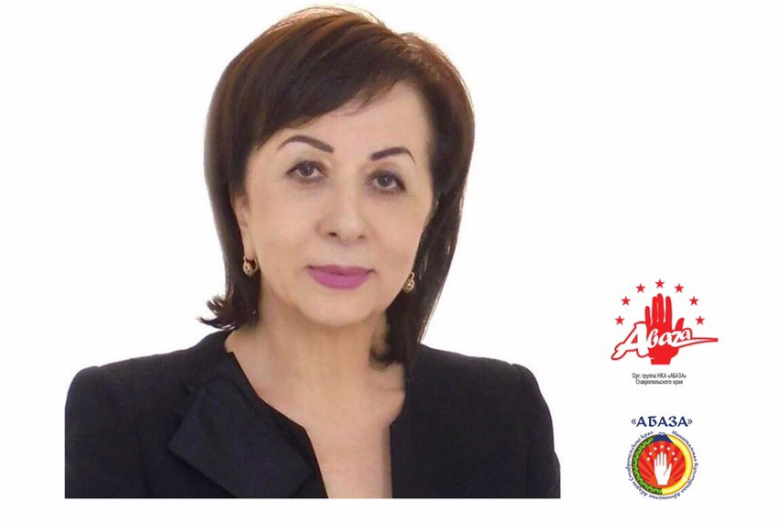
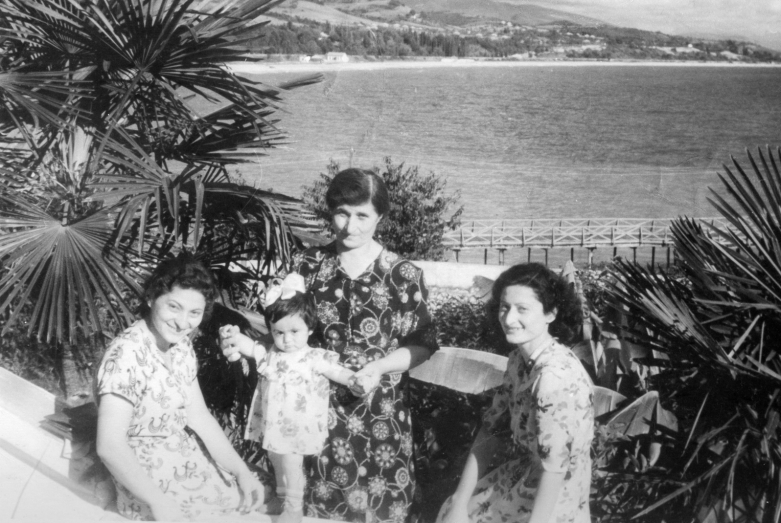
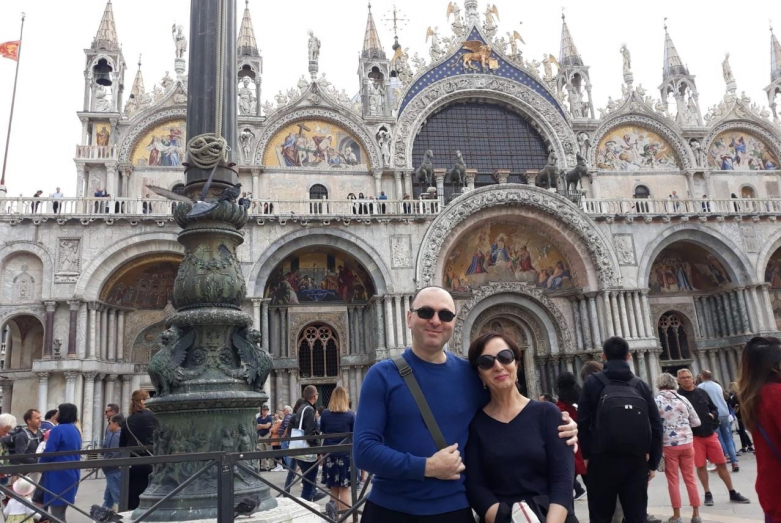
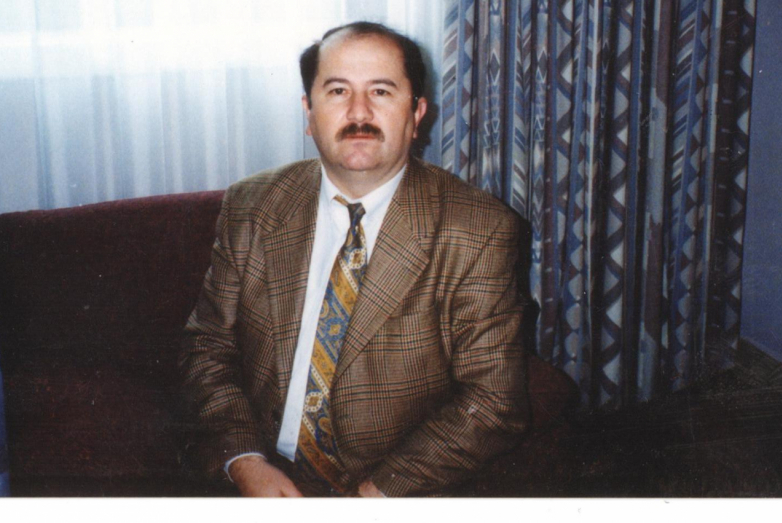
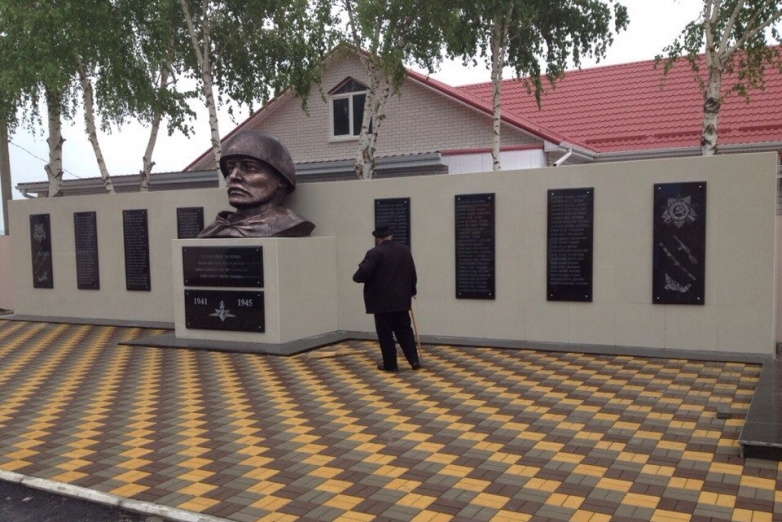
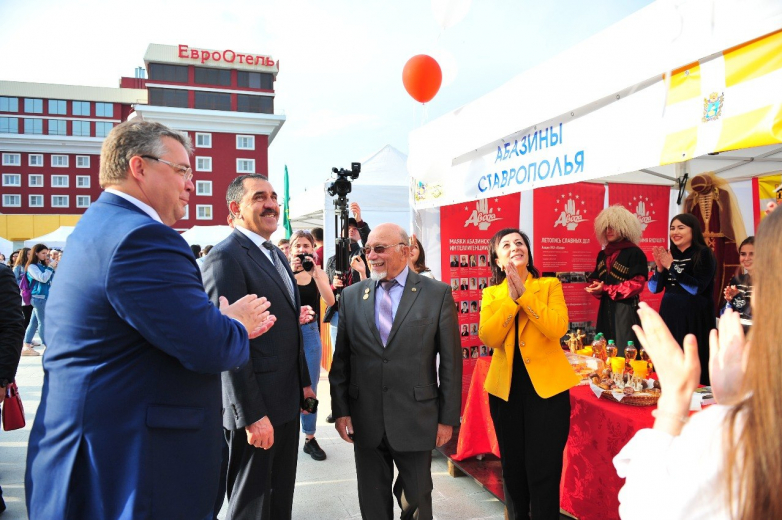
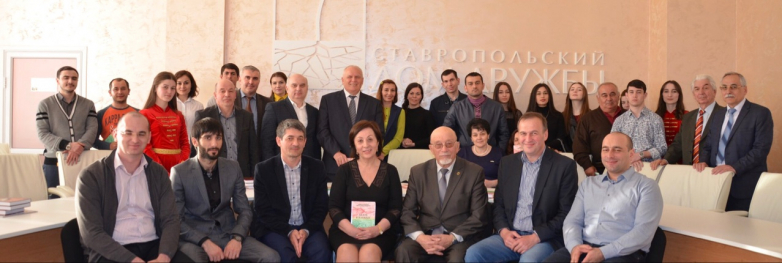
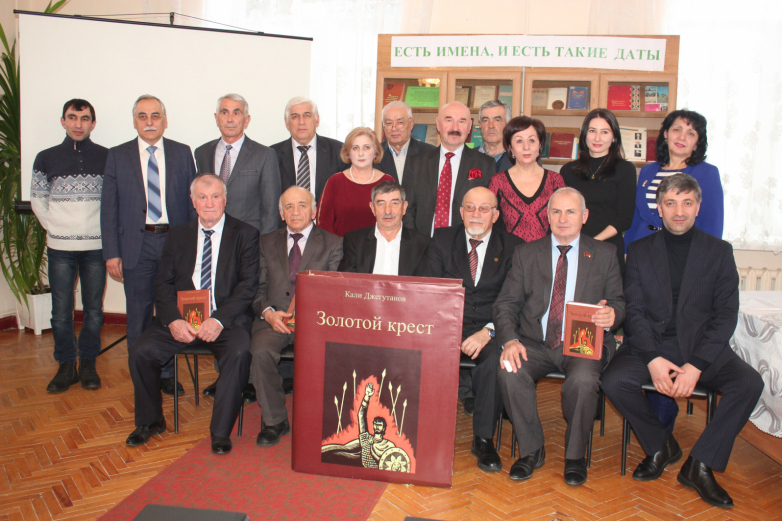
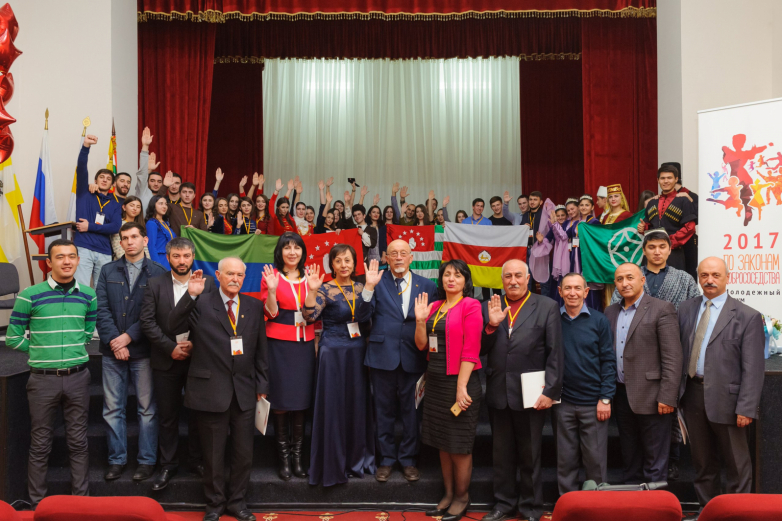
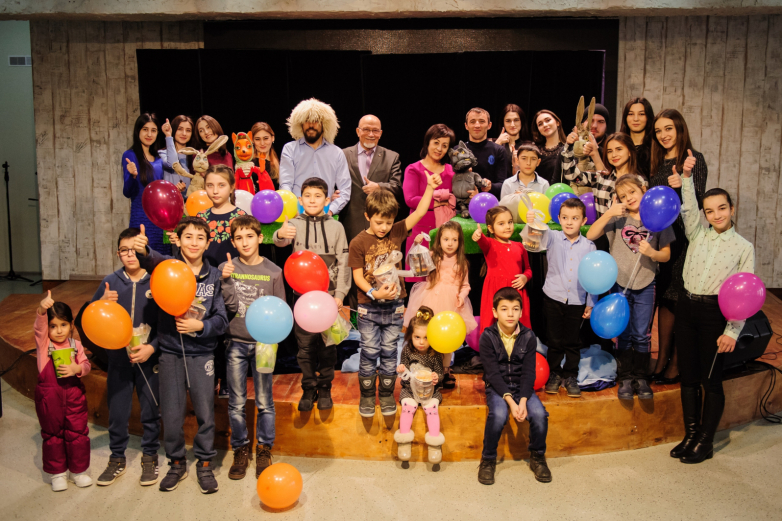
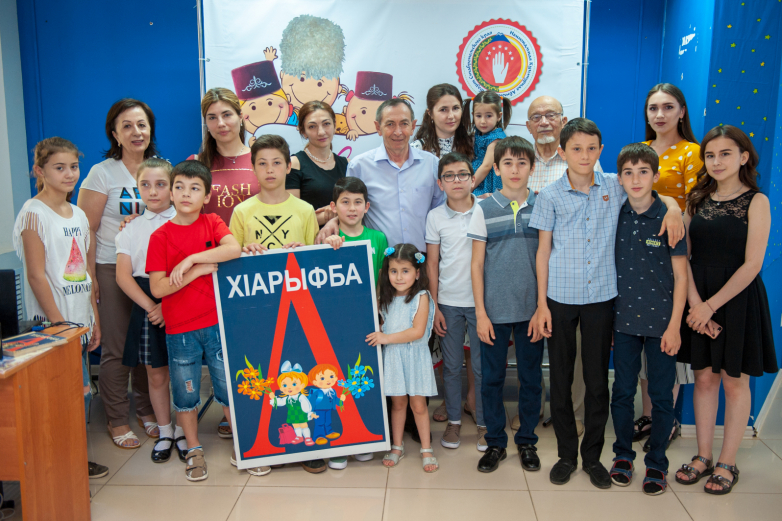
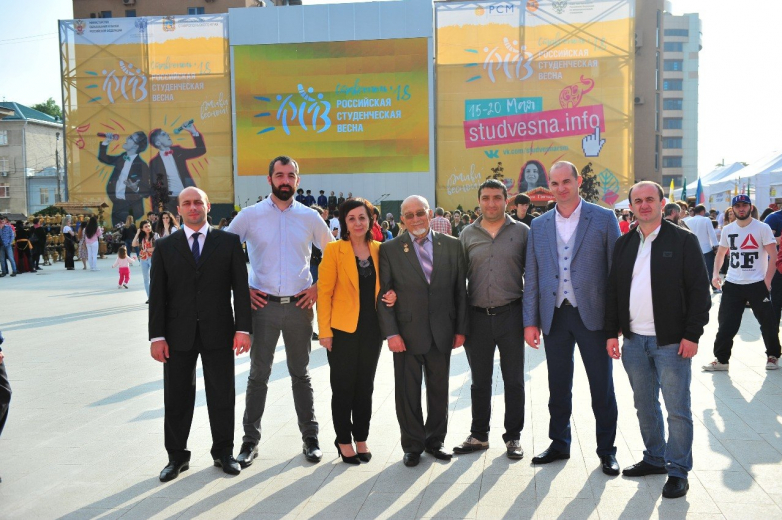
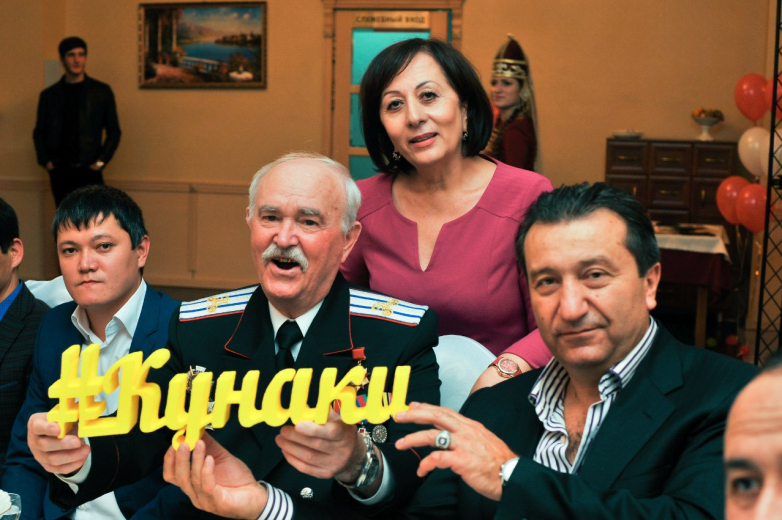
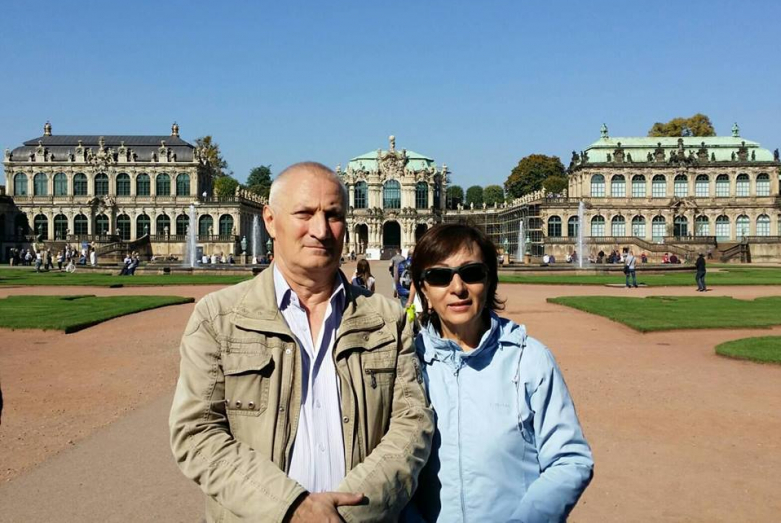
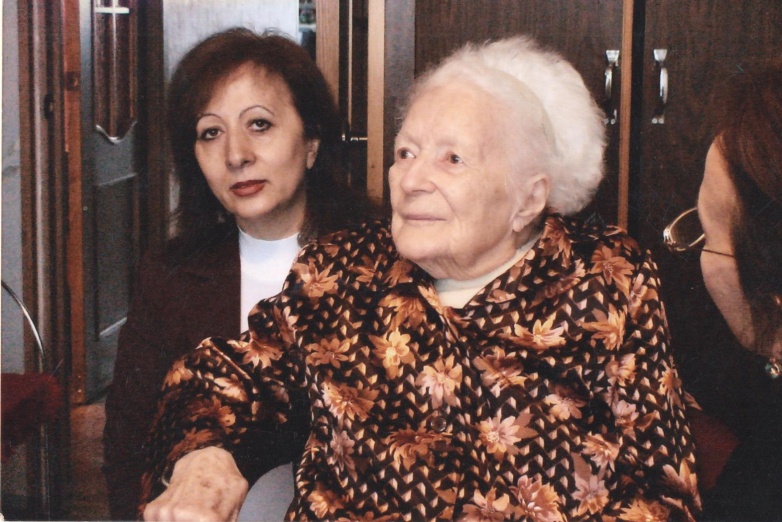
to login or register.